Despite the difficult and complex international context, especially with the Russia-Ukraine conflict heating up right on the “old continent”, France has proven that its economy is not only resilient but also triumphant over adversity: Annual growth is forecast for 2023 at 0.7% and for 2024 at 1.4%, after a significant slowdown in the second half of 2022.
France also attracted more foreign direct investment (FDI) than anywhere else in Europe for the fourth consecutive year.
According to a report published by London-based multinational professional services firm Ernst & Young (EY) in May this year, the number of new projects in France increased by 3% in 2022, supported by funding for research and development (R&D) as well as areas in transition such as electric vehicle manufacturing.
In addition, the annual report on foreign investment in France in 2022 published by Business France in May showed that 1,725 international investment projects landed in France and created or maintained 58,810 jobs in 2022.
While the number of investment projects creating jobs recorded an increase of 7% compared to 2021, the increase in the number of jobs created or maintained was at a historic high, up 31%, Business France said.
These figures confirm that investors still have confidence in France and demonstrate its attractiveness as an investment location. However, experts also question the real effectiveness of this capital flow.
“Electric Vehicle Battery Valley”
The area between the towns of Douvrin and Billy-Berclau in the Hauts-de-France region, in the far north of France, is witnessing the completion of the country's first giant electric vehicle battery factory, contributing to the formation of what the French call the “Electric Car Battery Valley”.
The €3 billion battery plant project, called the Automotive Cells Company (ACC), is one of many recent examples of foreign direct investment in France. Nearly 1,300 such projects were announced last year, cementing France’s leading position in the race to attract investment in Europe.
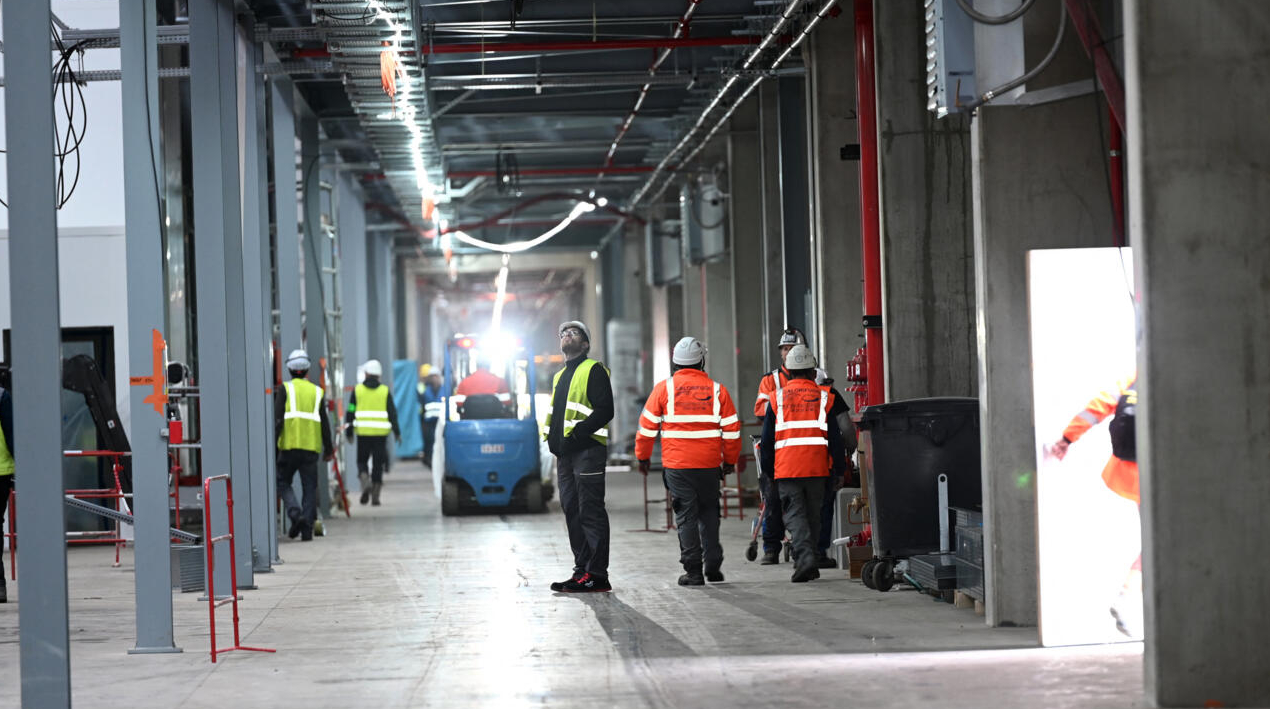
Workers at the newly built Billy-Berclau Gigafactory ACC battery factory, in Billy-Berclau, northern France, May 9, 2023. Photo: France24
“Currently all our electric vehicle batteries come from Asia – from China, South Korea and Japan. But we want to create our own industry to design, produce and sell batteries that are 100% made in France,” Matthieu Hubert, secretary general of the ACC, told DW.
The ACC mega-factory, owned by a consortium including Dutch carmaker Stellantis, German automaker Mercedes and French energy giant TotalEnergies, will once operational produce batteries for up to 500,000 vehicles a year and employ around 2,000 people.
With the European Union (EU) banning the sale of petrol and diesel cars starting in 2035, many workers in the traditional car industry will have to find new jobs, so giant projects like the ACC plant will certainly be welcomed.
Mr. Hubert hopes that ACC will be fully operational soon, becoming part of the “EV Battery Valley” ecosystem. This ecosystem will also include at least three other EV battery megafactories. The companies, along with their supply chains, could create up to 10,000 additional jobs.
Good reason
ACC is also planning similar giant plants in Germany and Italy. But the joint venture has good reason to base its first megaproject in France.
“France has highly qualified engineers and technicians and a real industrial culture,” Hubert explains. “And the country has a huge advantage compared to its neighbors like Germany: cheap nuclear power.”
France's nuclear reactors are responsible for producing about 70% of the country's electricity. And the French government plans to build at least six more nuclear power plants.
Neil Bernard, Director of Public Relations, Market Access and Communications at the Italian multinational pharmaceutical group Chiesi, offers another argument in favor of investing in France.
“The French authorities have always actively supported us in our projects – we feel really welcome here,” Bernard told DW, describing the country as a “strategic territory” for the company.
Outside of Italy, France is the only European country where Chiesi has subsidiaries – an R&D office in Bois-Colombes near Paris and a production site in La Chaussée-Saint-Victory in central France.
Chiesi is now planning to expand its factory in France. The group will invest 60 million euros by 2026 and increase the number of employees from 170 to 300.
The government support that Mr. Bernard mentioned was also a decisive factor for the German Vorwerk Group, which took root in France 50 years ago.
The Wuppertal-based company, known for its Thermomix kitchen appliances, is building its second French manufacturing facility at Donmar in the northern region of Centre-Val-de-Loire. The original facility, called Vorwerk Semco, is located in Cloyes-les-trois-Rivieres, 150km south of Paris.
“We know that the government is pro-business and aims to re-industrialize France, which we appreciate,” Sebastian Weber, CEO of Vorwerk Semco, told DW.
“Moreover, the country has very good infrastructure and highly skilled workers,” Mr. Weber added.
Vorwerk will hire 74 more such workers for the new facility, which is aimed at being operational by the end of 2024.
Real effectiveness
Leading Europe in attracting foreign investment for the fourth consecutive year gives France a prestigious title, but its real effectiveness remains to be seen.
French President Emmanuel Macron has implemented a number of reforms to support businesses, Olivier Becht, Minister in charge of Foreign Trade, Attractiveness and French Citizens Abroad, stressed.
“We have reduced corporate tax from 33% to 25%, made our labor laws more flexible, cut red tape and made more land available to investors,” Becht explained to DW, stressing that foreign direct investment is a boon for the economy.
“Such projects have created 58,000 jobs by 2022. The economy grew by 2.6% last year and will continue to grow this year, while countries like Germany are in recession,” he said.

French President Emmanuel Macron at the “Choose France” foreign investment conference in Versailles, July 11, 2022. Photo: The Local France
However, while the increase in FDI inflows is good news for the country, it is unlikely to be the reason behind the seemingly positive changes in France's economic performance, said BDO Consultancy chief economist Anne-Sophie Alsif.
“The unemployment rate in France has dropped from 10 percent to around 7 percent in a few years, because our population is aging and there are fewer people willing to work,” Alsif told DW.
Businesses have also received subsidies to ease the economic impact of the Covid-19 pandemic and the conflict in Ukraine, she added.
“That is why businesses are willing to invest large sums of money, thereby helping the country's economy grow,” she said .
Minh Duc (According to DW, CCSF, European Council)
Source




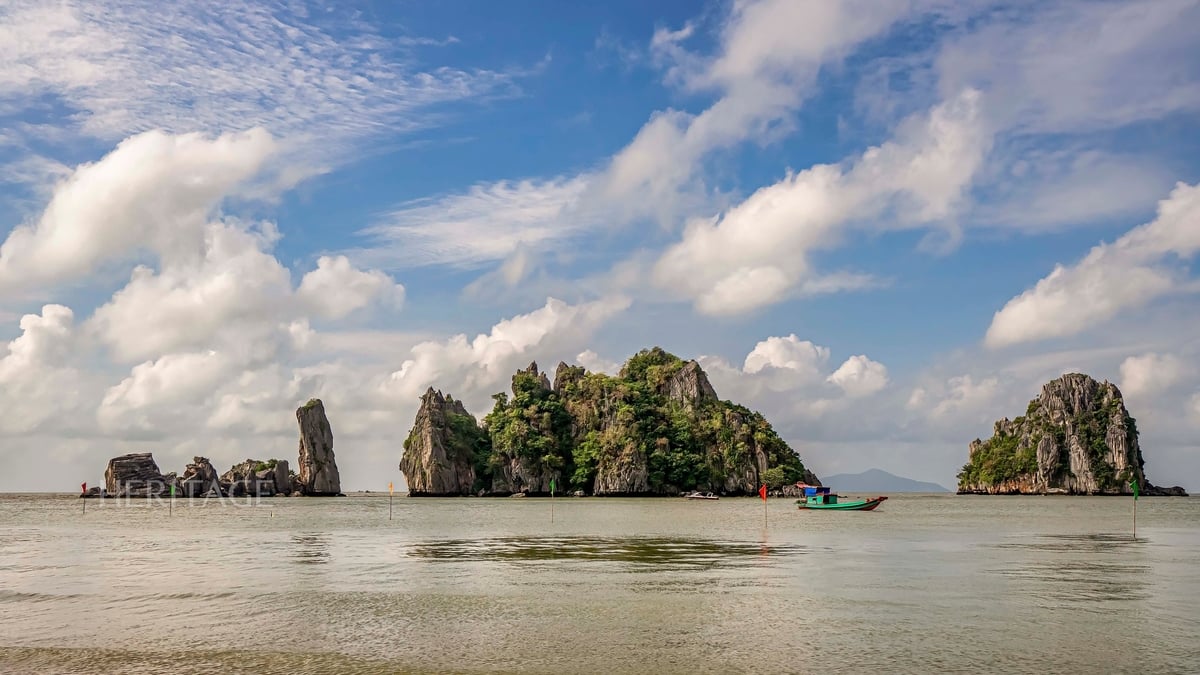

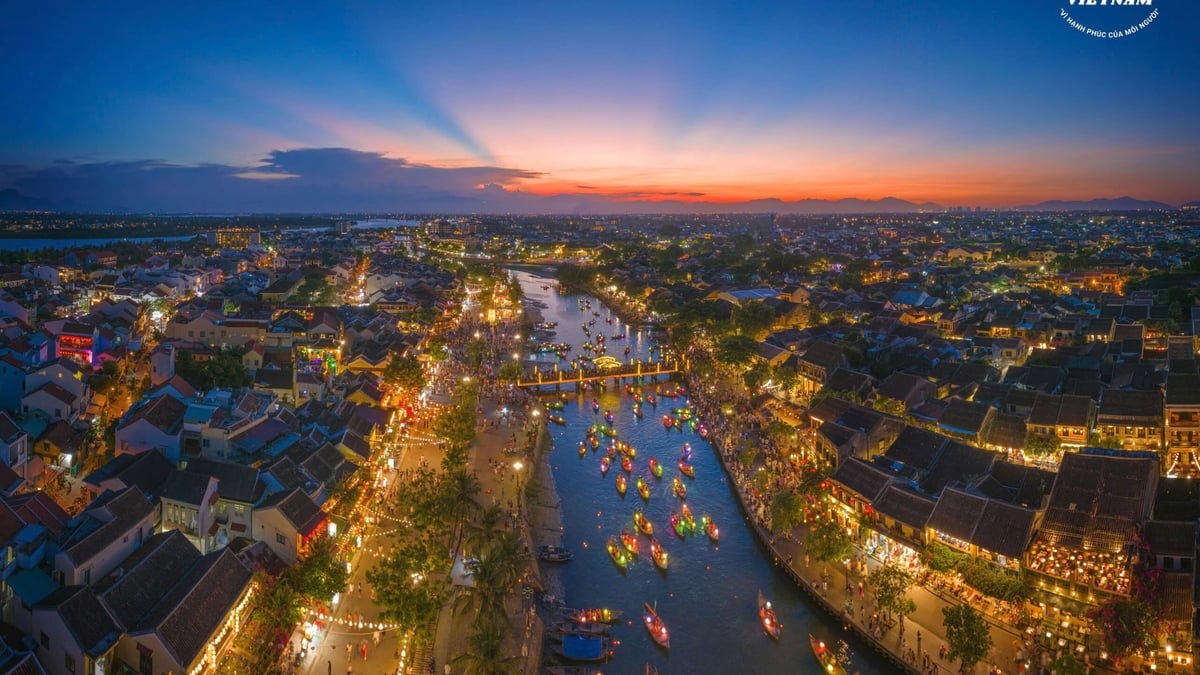

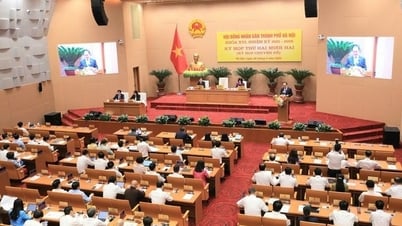

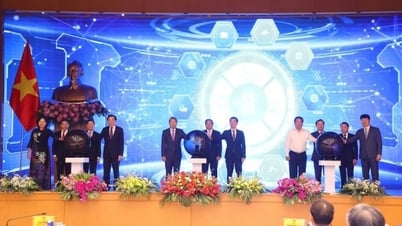


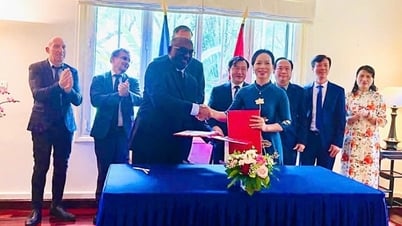








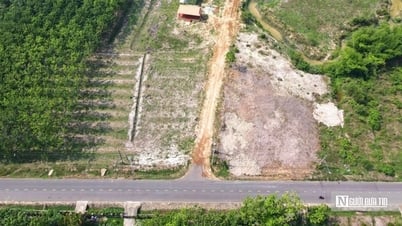
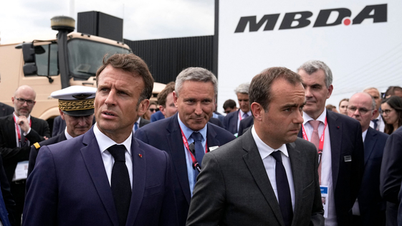





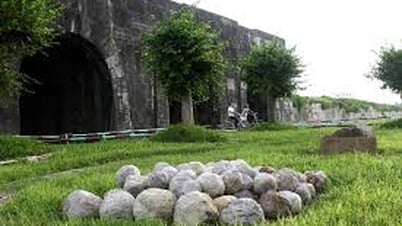






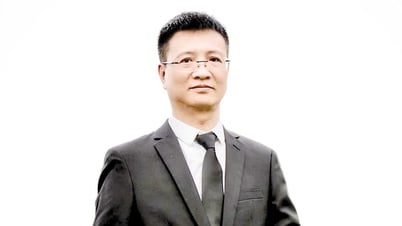





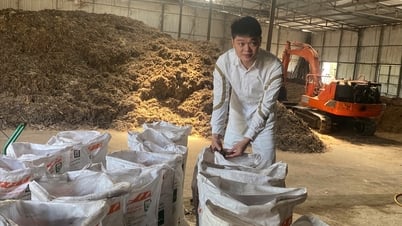





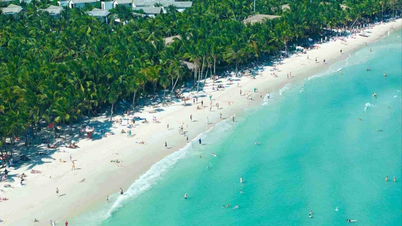





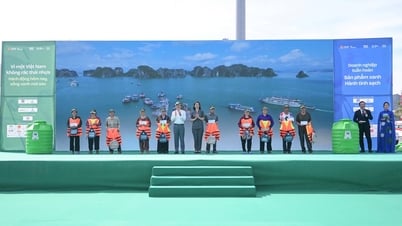

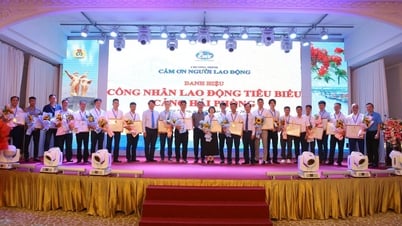
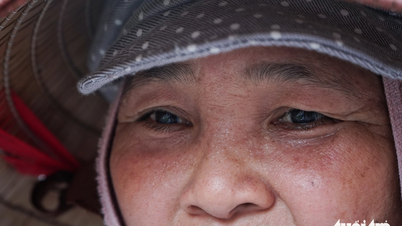
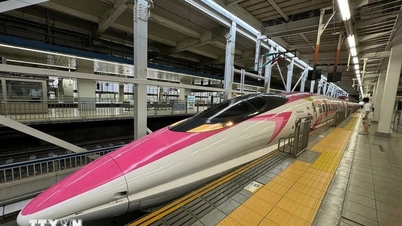


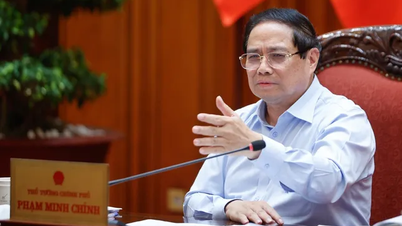




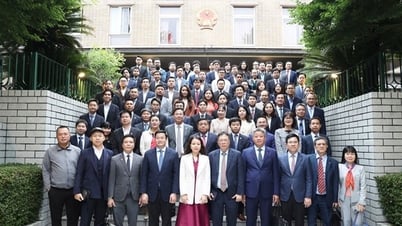

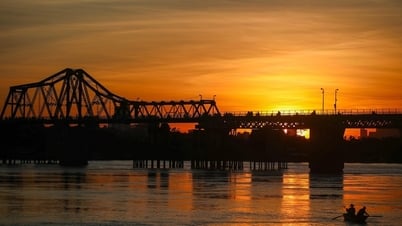

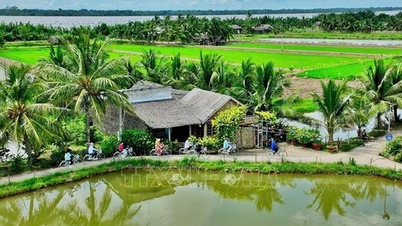





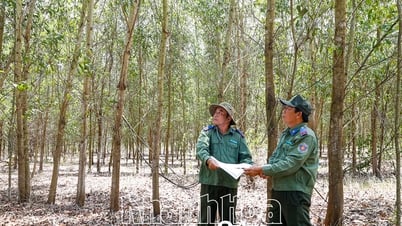
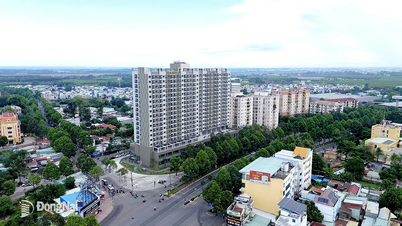

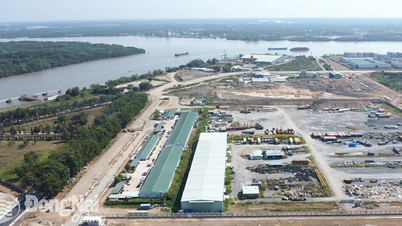

















Comment (0)